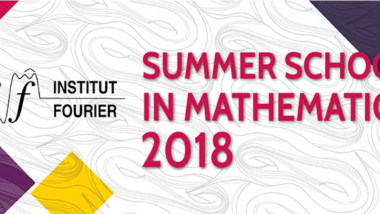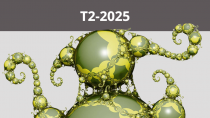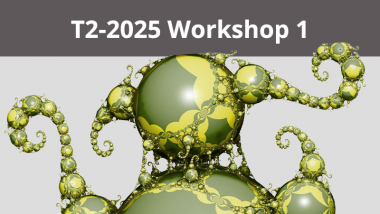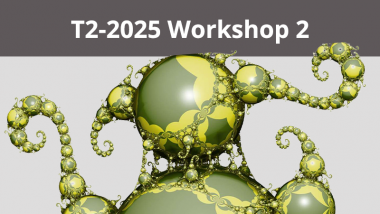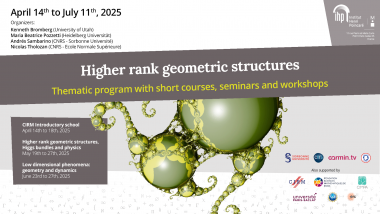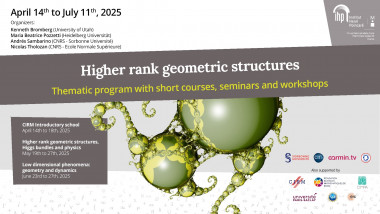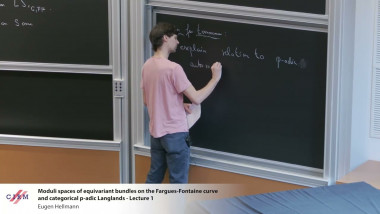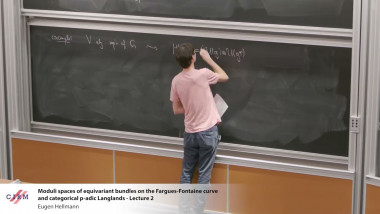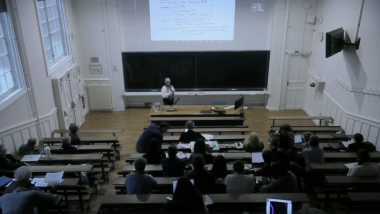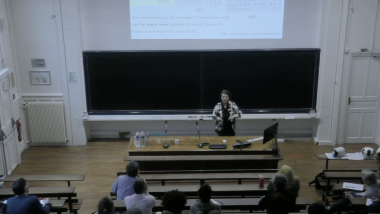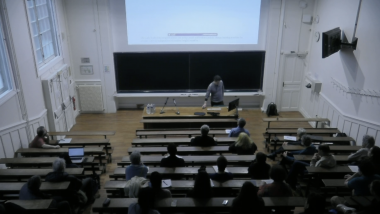Hyperbolic 3-manifolds (Part 3b/3)
We will begin by introducing crucial concepts and definitions in the study of hyperbolic 3-manifolds with finitely generated fundamental groups. One fundamental object of study is the convex core of a hyperbolic 3-manifold (which is the smallest closed, non-empty convex submanifold). When the convex core is compact the manifold is said to be convex cocompact and these are the most easily studied manifolds. When the convex core has finite volume, we say the manifold is geometrically finite.
We will discuss the quasiconformal deformation theory of convex cocompact hyperbolic 3-manifolds which gives rise to an open subset of the character variety of (conjugacy classes) of representations of the fundamental group into PSL(2,C). This open neighborhood is parametrized by conformal data at infinity.
We will then introduce the structure theory of geometrically infinite ends of hyperbolic surface. Here, the theory of simplicial hyperbolic surfaces and/or pleated surfaces will play a crucial role. If time permits we will discuss Thurston's Covering Theorem.
In the last portion of the lecture series, we will introduce and motivate the major accomplishments of the last two decades in Thurston's program to understand infinite volume hyperbolic 3-manifolds. Here, the major results include the proofs of Marden's Tameness Conjecture, Ahlfors' Measure conjecture, Thurston's Ending Lamination Conjecture and the Bers-Sullivan-Thurston Density conjecture.

